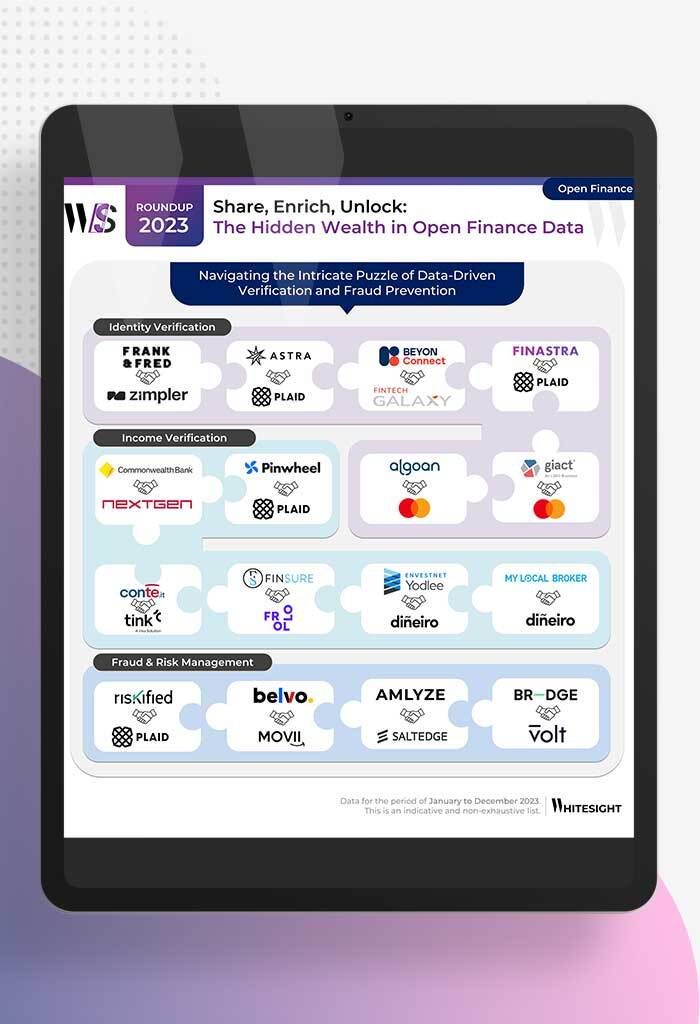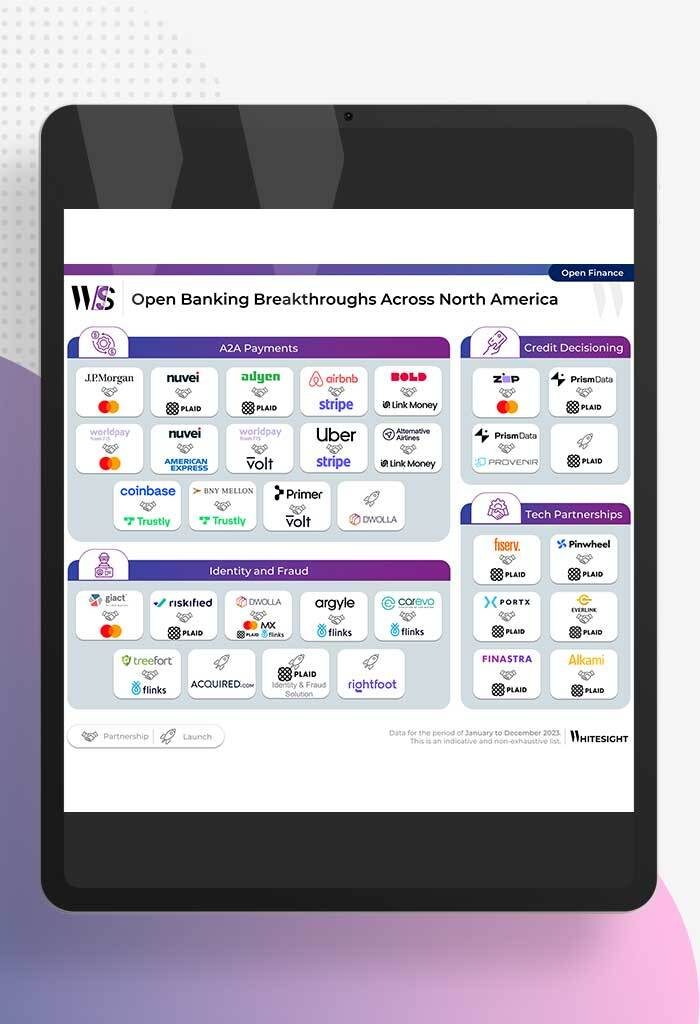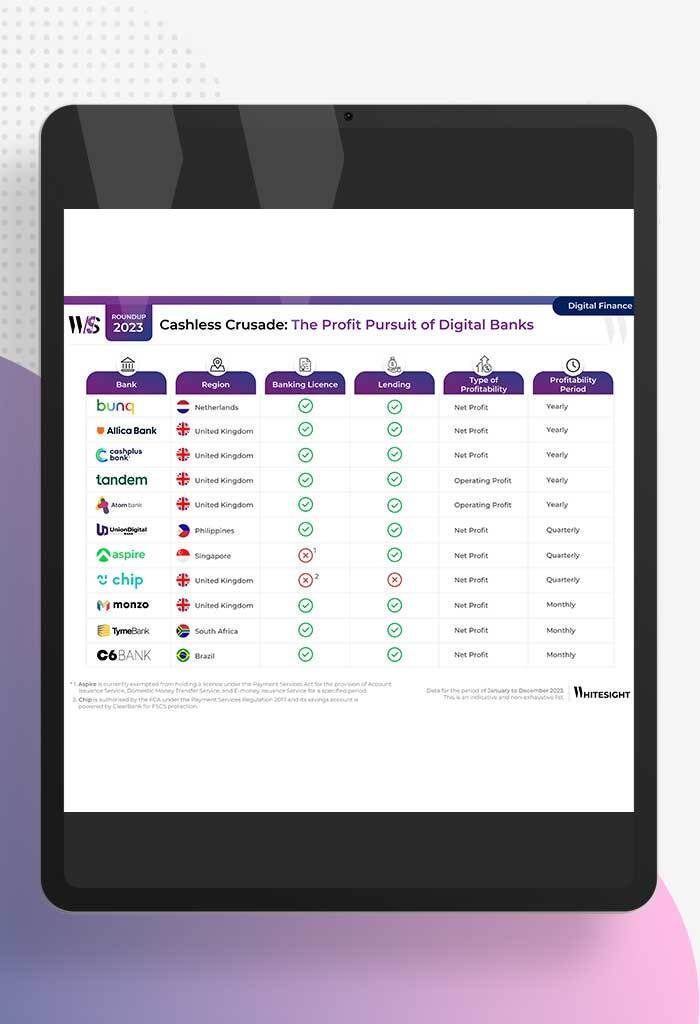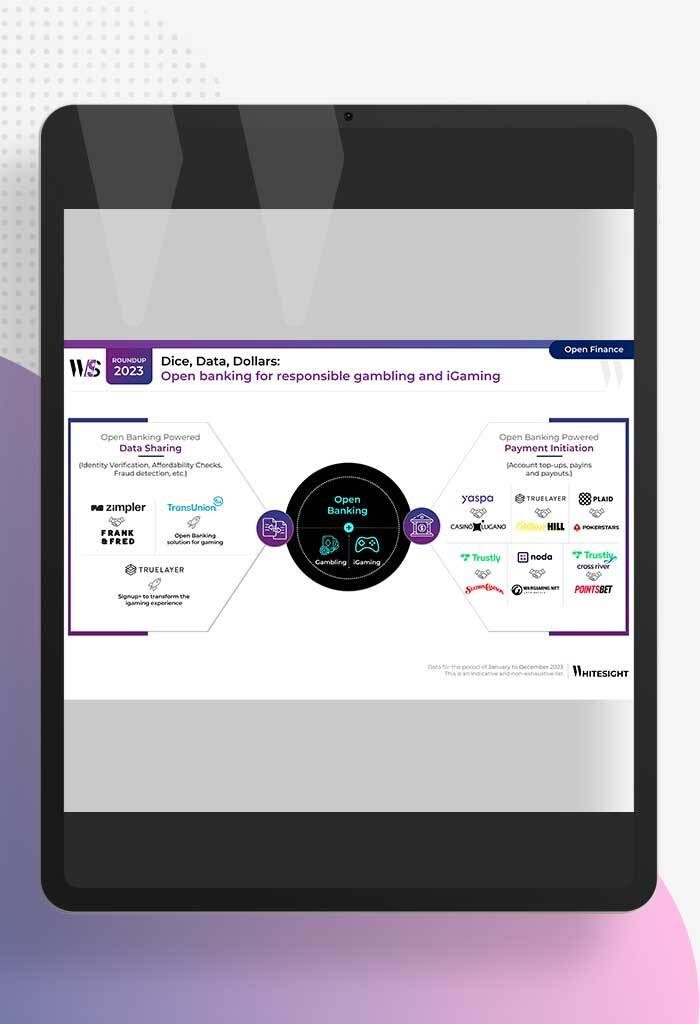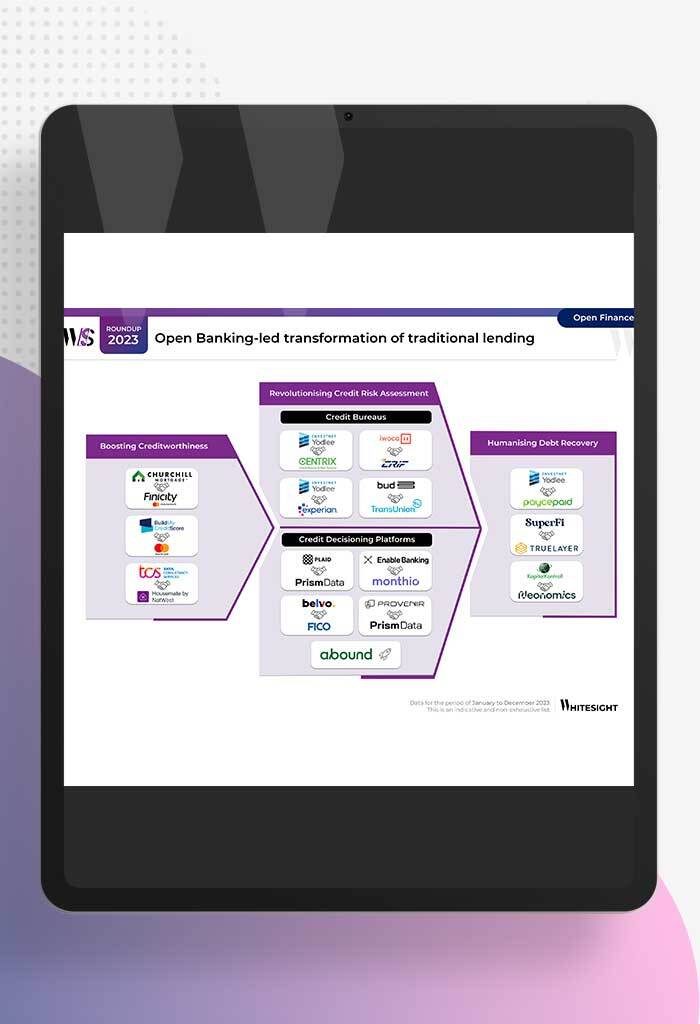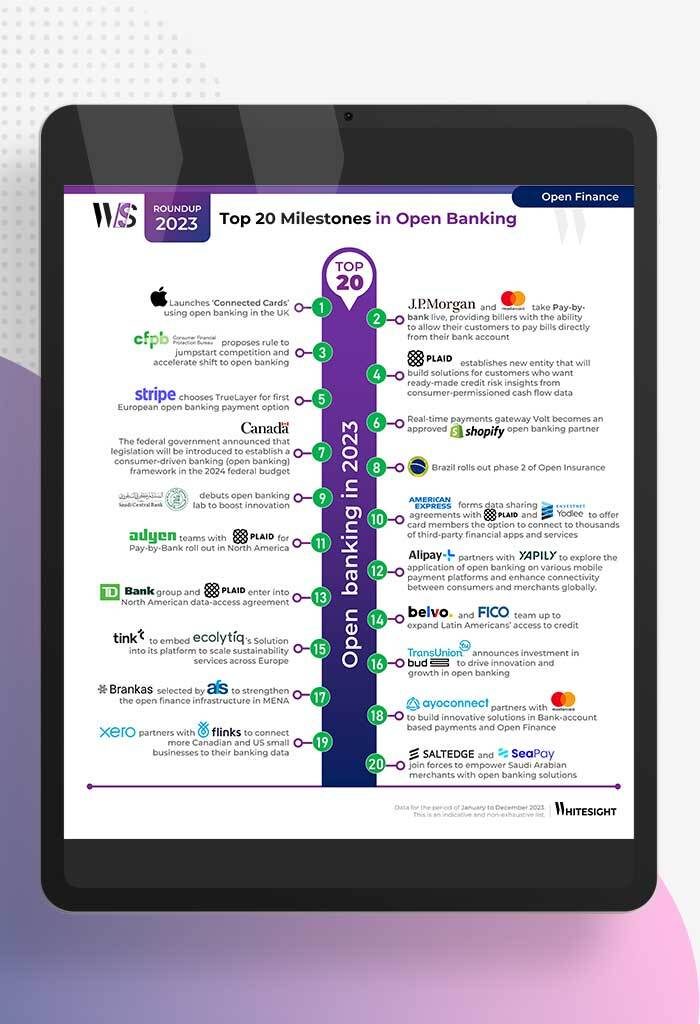Parting Ways With Partisanship: FinTechs Building For Women
- Afshan Dadan and Kshitija Kaur
- 4 mins read
- Insights, Sustainable Finance
Table of Contents
Bias exists – in education, politics, finance, and so much so, even when it comes to integrity. While the rosy picture showcases a parity where both men and women equally coexist in all aspects of life, the view is a whole lot different when the rose-colored glasses are taken off. A 32% gap still remains towards reaching gender parity, as per the ,Global Gender Gap Index.With ,85% of women controlling their families’ day-to-day finances, and the ever-increasing discussion around the inclusion of gender-based diversity, breaking the glass ceiling that blankets over ethical decision-making shouldn’t be a tough task to tackle. Yet, with women holding only ,31% of the positions at the C-suite level, even lower if taking into account women of color, #breakingthebias may indeed require more than just a brainstorming session.Realizing that the invisible blocks women experience towards financial inclusion are more the product of long-held social beliefs as well as behavioral and symbolic misrepresentations goes a long way in rooting out the core issues when tilting the lens on female inclusion in matters of finance. What’s even more crucial to realize, however, are the unique set of needs and lifestyle challenges through which women and men both function […]
This post is only available to members.
Already a subscriber? Log in to Access
Unlock this blog
Gain exclusive access to this blog alone.
Radar Subscription
Select a membership plan that resonates with your
goals and aspirations.
Not Ready to Subscribe?
Experience a taste of our expert research with a complimentary guest account.
We publish new research regularly. Subscribe to stay updated.
No spam.
Only the best in class fintech analysis.
Related Posts
- Kshitija Kaur and Sanjeev Kumar
From Data Streams to Enriched Data Fountains Remember the early days of plumbing? Water flowed freely, but its quality was...
- Samridhi Singh and Sanjeev Kumar
North America’s Open Sesame: Use Cases Bloom Open banking has garnered significant attention in recent years, and at Whitesight, we’ve...
- Samridhi Singh and Sanjeev Kumar
Profitability Unlocked: Licences, Service, and Survival The rise of digital banks has sparked a paradigm shift in how we perceive...
- Sanjeev Kumar and Risav Chakraborty
High stakes in the gambling sector The online gambling industry is booming, with a projected market size of $107.3B by...
- Sanjeev Kumar and Risav Chakraborty
Open Banking-led Transformation of Traditional Lending In 2023, a wave of innovation swept through the lending industry, thanks to several...
- Sanjeev Kumar
Unmasking Open Banking’s Game Changers in 2023 2023 has been a pivotal year in the world of open banking, marked...
